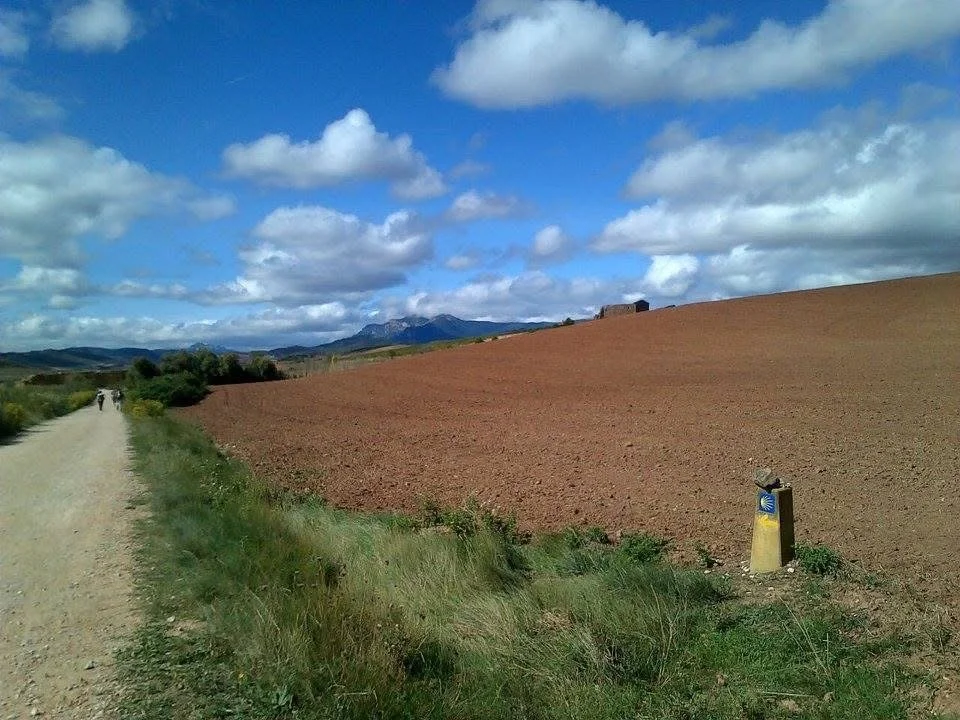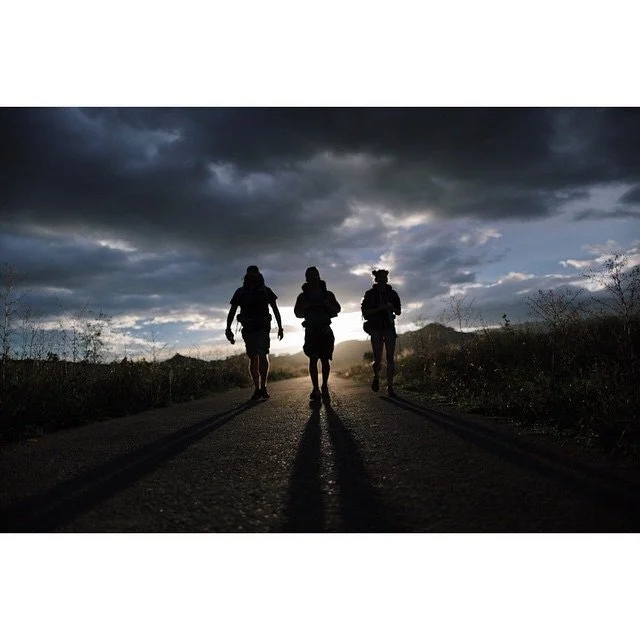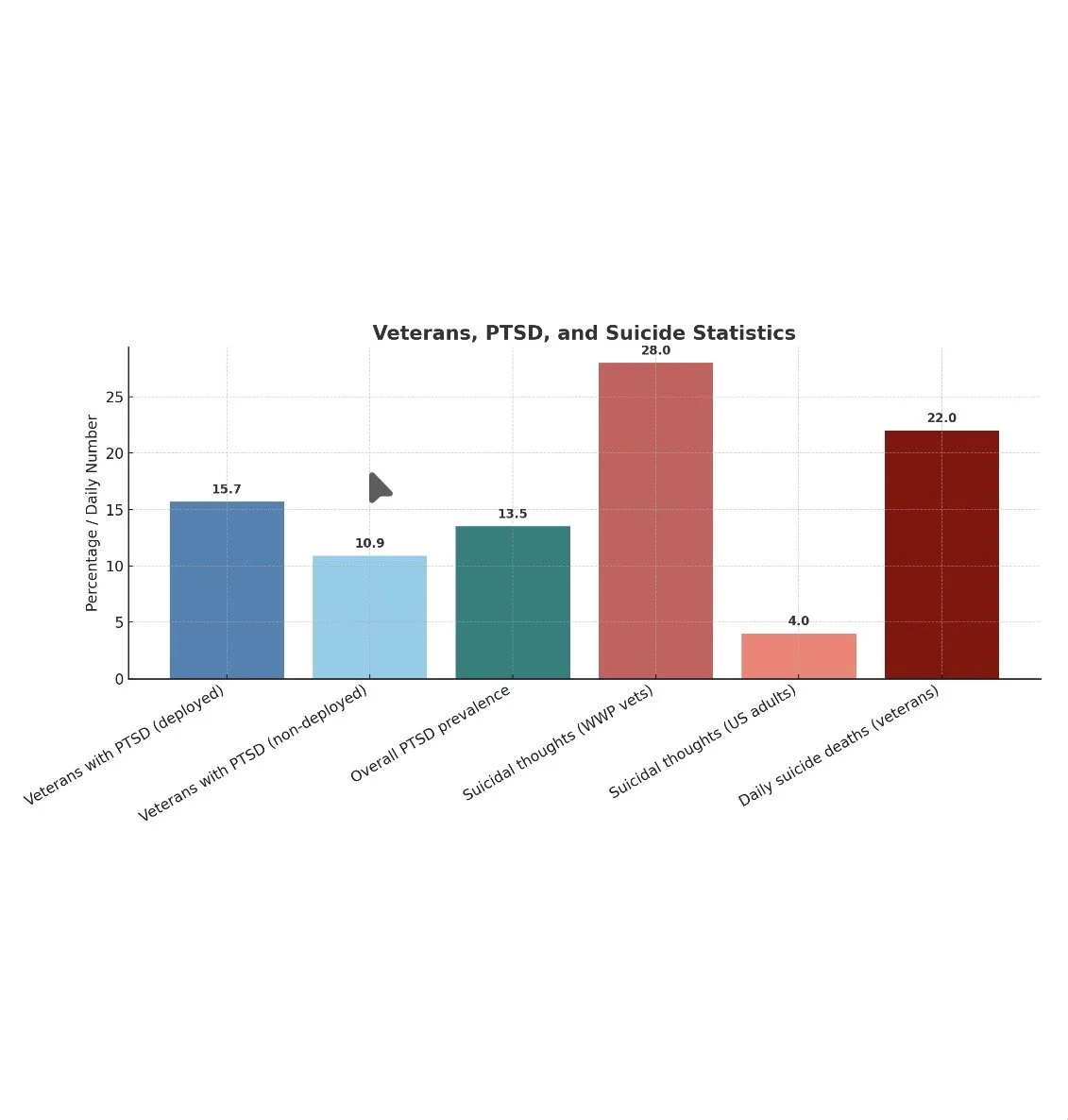OUR VETERANS DESERVE MORE
For many veterans, the hardest battle begins after the uniform comes off. PTSD, moral injury, and the struggle to find purpose in civilian life can leave warriors feeling isolated, misunderstood, and alone. Traditional treatments like therapy and medication are important, but they don’t always address the deeper need for connection, meaning, and community. Walking the Warrior’s Way was created to meet that need — offering veterans a safe, supportive path toward healing and belonging.
How Our Approach Helps
Walking the Warrior’s Way is grounded in modern trauma research. Experts like Dr. Bessel van der Kolk (The Body Keeps the Score) have shown that trauma lives not only in the mind, but in the body. Somatic practices — such as walking, breathwork, and mindful movement — help release trauma stored physically, much like EMDR therapy uses bilateral stimulation to reduce PTSD symptoms.
Nature immersion has also been proven to lower stress hormones and improve emotional regulation, while long-distance walking supports better sleep, mood, and resilience. Just as importantly, research shows that community connection is one of the strongest protective factors against suicide. Veterans who rebuild bonds of camaraderie are less likely to feel isolated and more likely to find purpose in civilian life.
By combining somatic movement, time in nature, and peer-to-peer support, Walking the Warrior’s Way brings together the elements most likely to spark lasting healing.
Walking the Path Together
At the heart of our program is a journey along Spain’s historic Camino de Santiago. More than just a long walk, the Camino is a centuries-old pilgrimage that provides both structure and freedom — a shared mission that mirrors military life, while offering space for personal reflection. Small groups of veterans walk side by side, supported by trained facilitators who are also combat veterans and trauma survivors. Through miles of movement, moments of reflection, and the unshakable bond of community, warriors rediscover identity, resilience, and purpose as they transition into civilian life.



